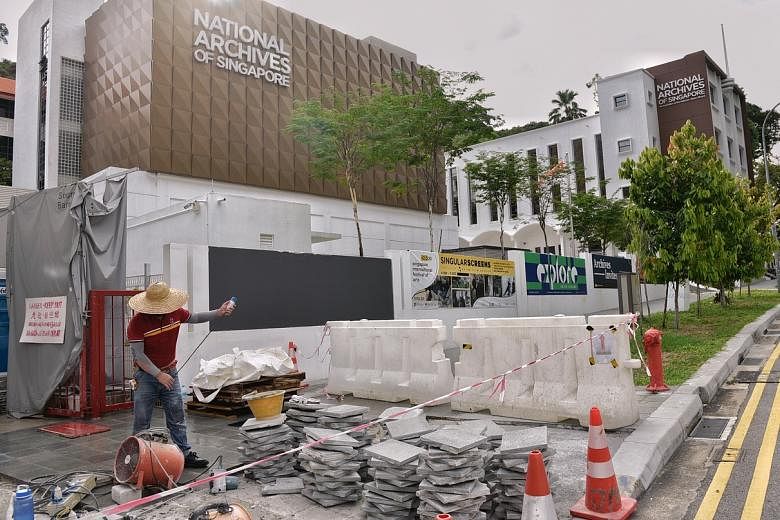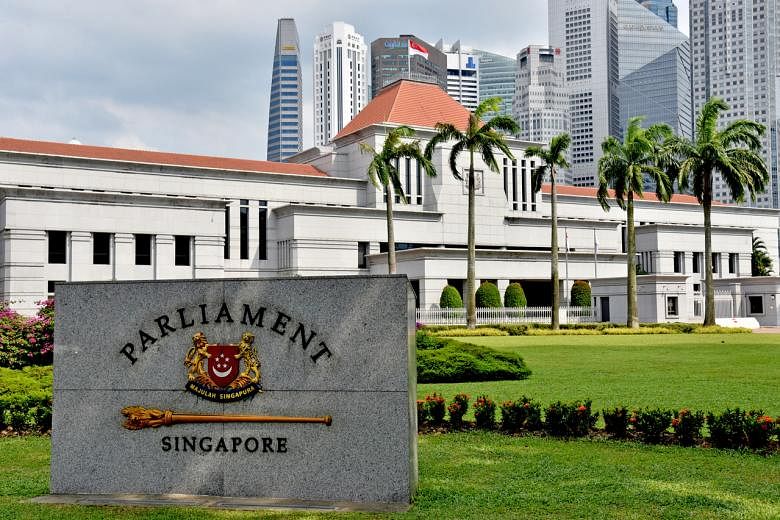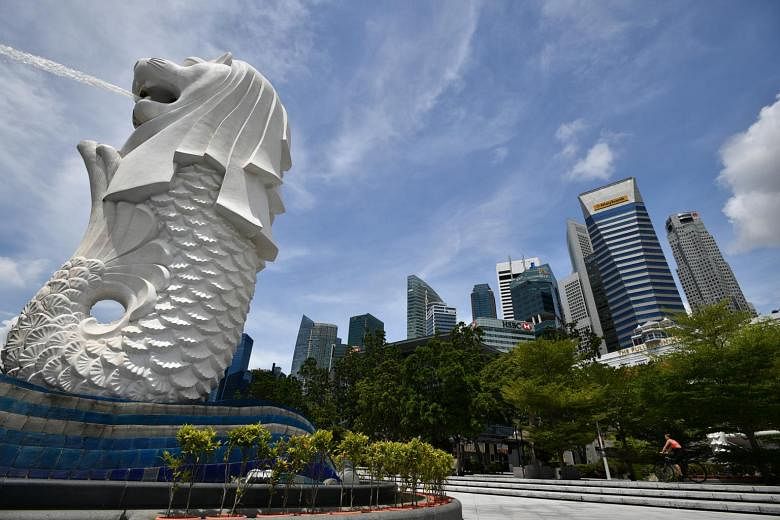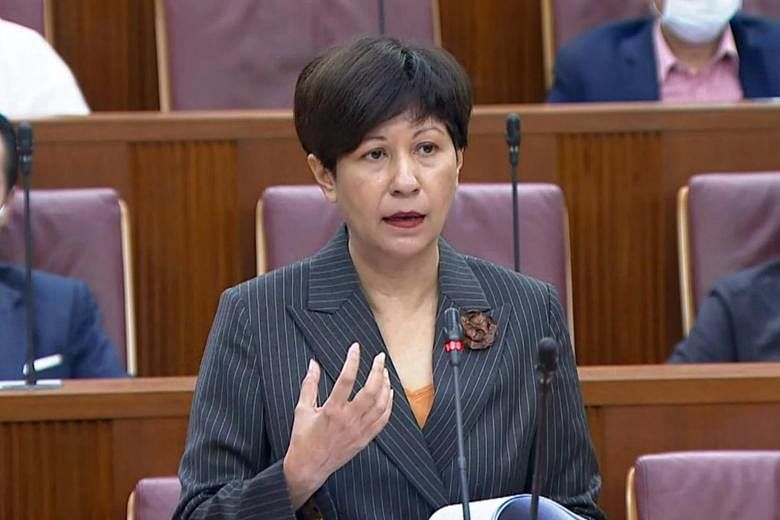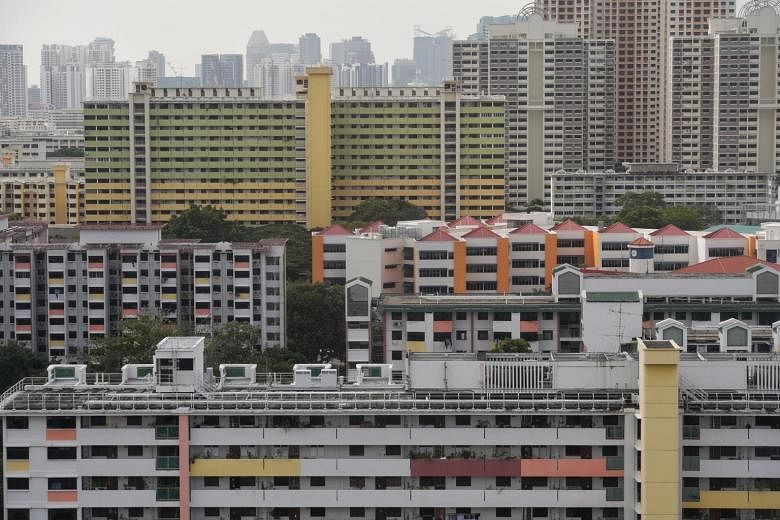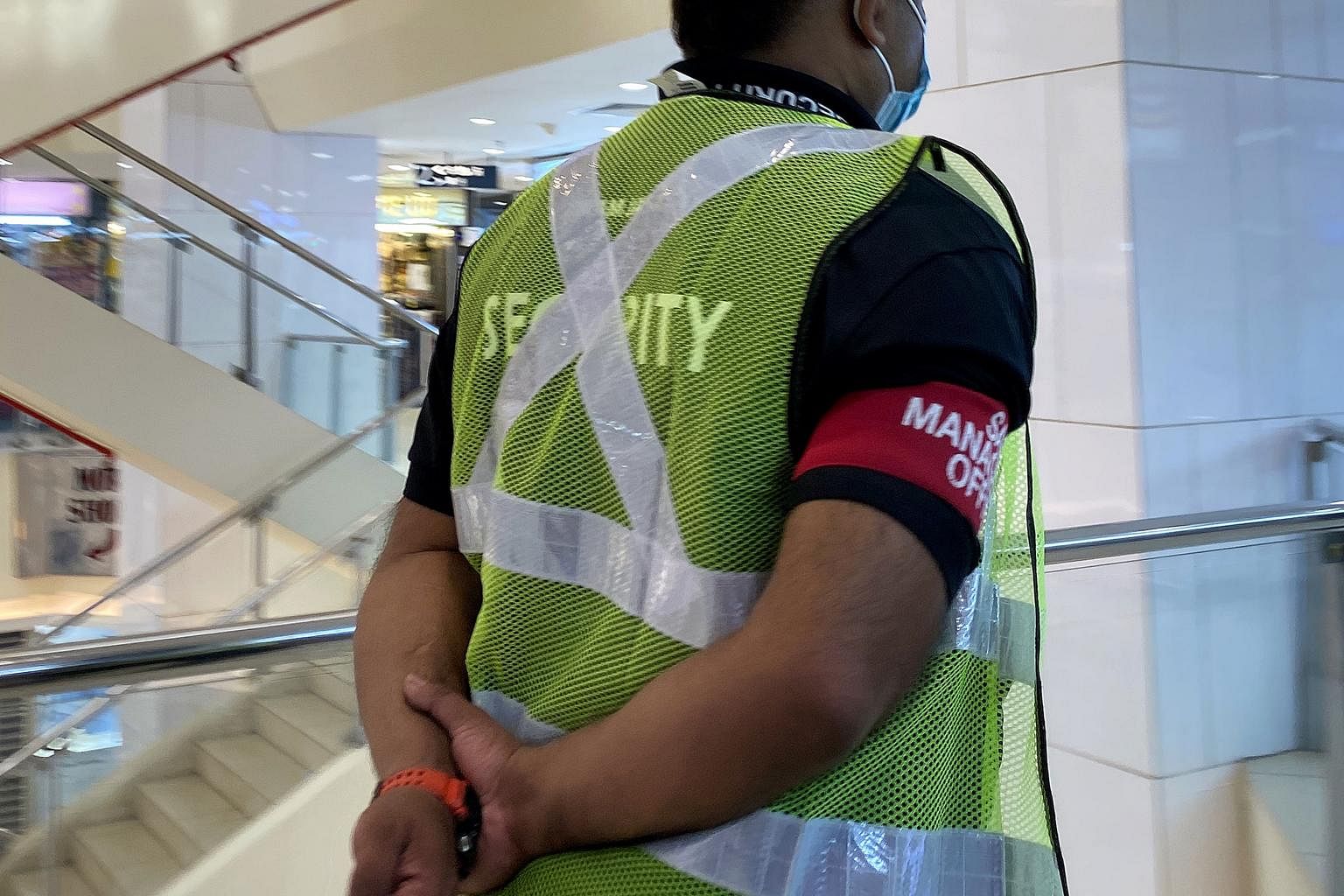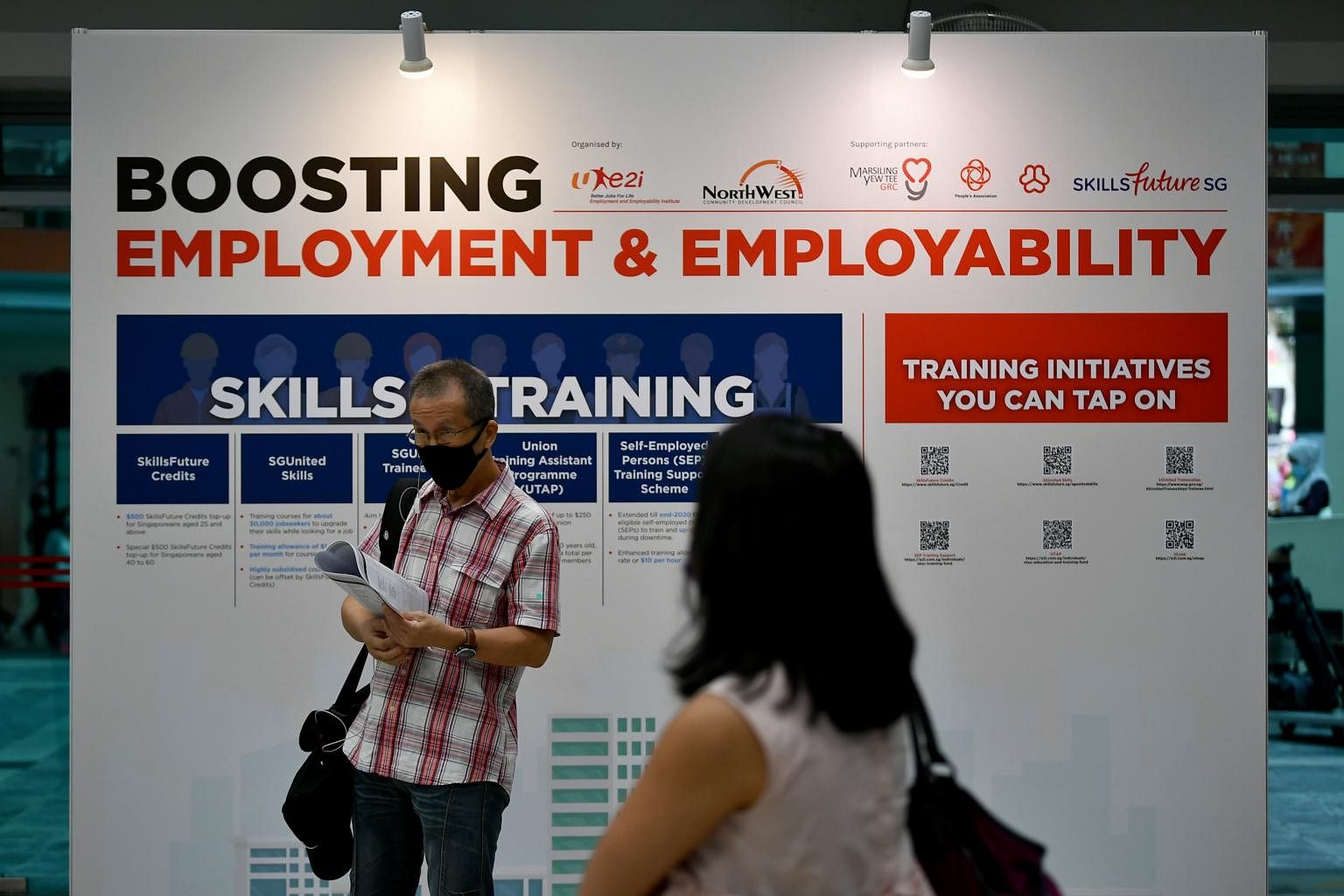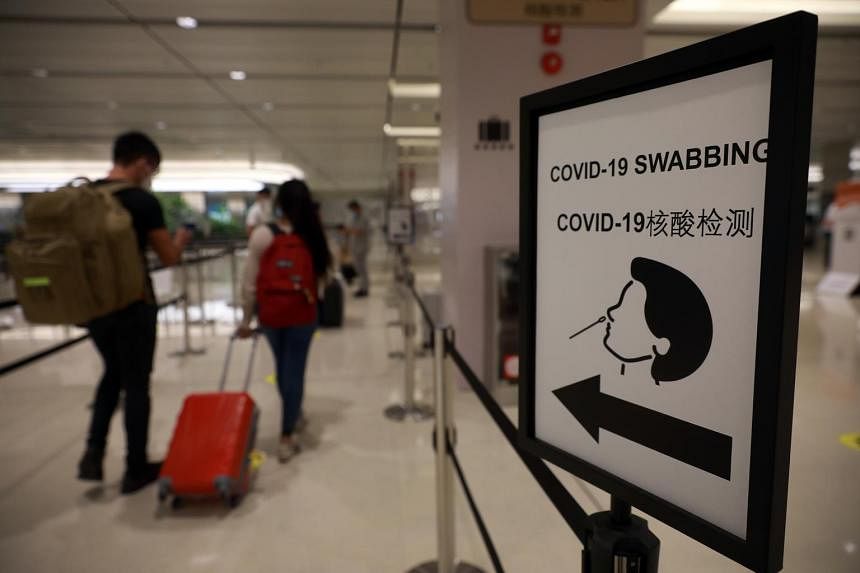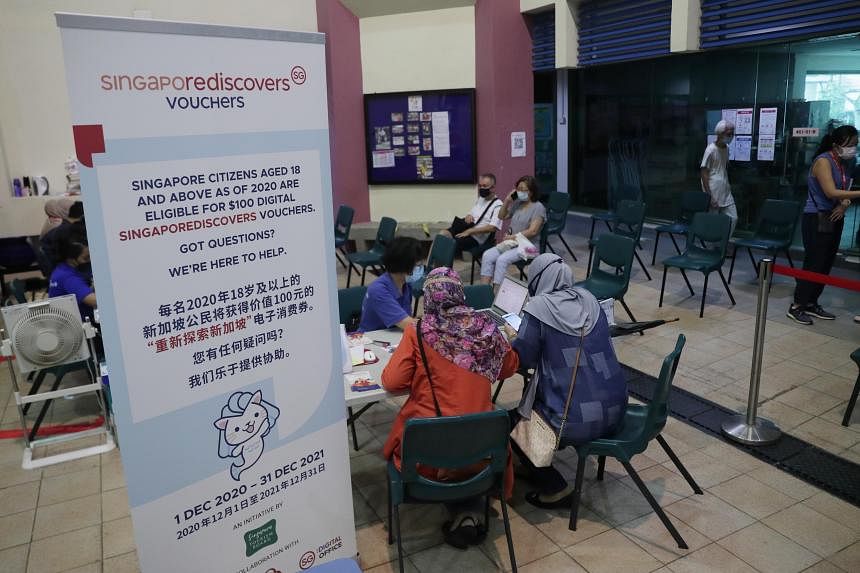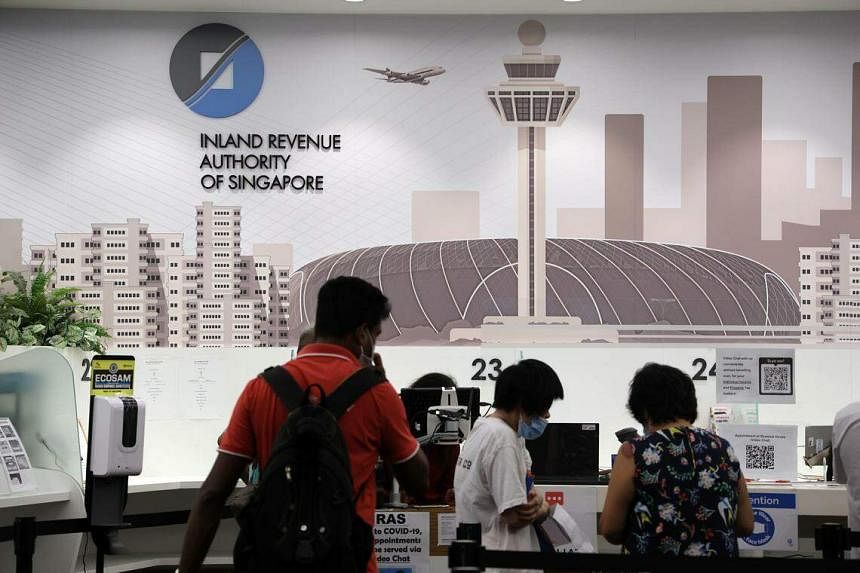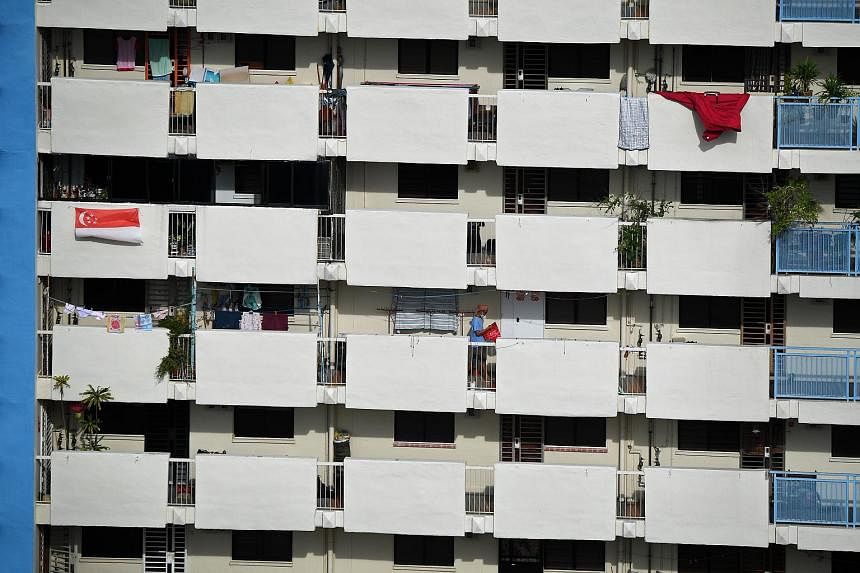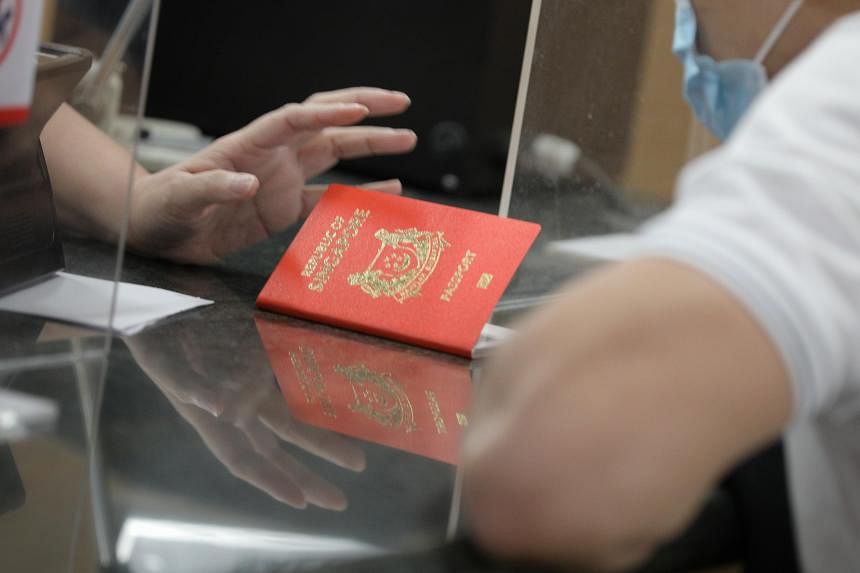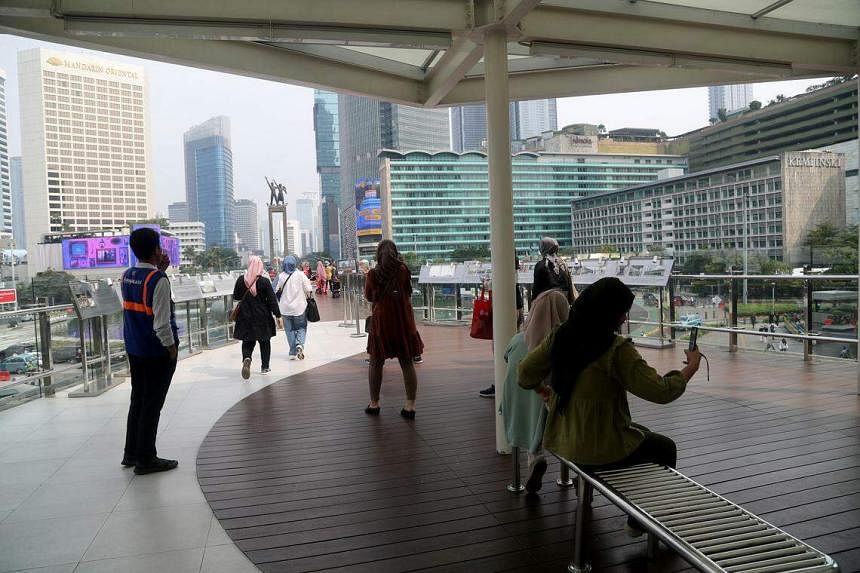Auditor-General flags lapses in govt agencies, including transfer of official funds to personal bank accounts
In its annual audit of government accounts, AGO cited instances of giving excessive IT access rights and over-disbursing support grants. ST PHOTO: KUA CHEE SIONG
Goh Yan Han
Political Correspondent
JUL 19, 2023
SINGAPORE - The People’s Association, Public Service Division, Ministry of Communications and Information and Civil Aviation Authority of Singapore were among the government agencies flagged for lapses and weaknesses in a report released on Wednesday.
In its annual audit of government accounts, the Auditor-General’s Office (AGO) cited instances of awarding contracts to debarred contractors, co-mingling official funds with staff’s personal funds, giving excessive IT access rights, and over-disbursing support grants.
It also highlighted possible irregularities in the records provided to AGO by the State Courts and Singapore Food Agency (SFA).
Both agencies have lodged police reports following AGO’s audit observations.
For the State Courts, there were possible irregularities in the quotations provided for 110 out of 295 items, whose rates were not listed in the contract, for a development project.
AGO had concerns over the authenticity of the quotations provided and whether value for money had been obtained for the items.
For SFA, there were possible irregularities in some quotations for ad-hoc works at facilities it managed, resulting in concerns over the authenticity of the quotations.
The AGO report was submitted to the President on July 4, and presented to Parliament on Tuesday.
People’s Association (PA)
The AGO found that three grassroots organisations (GROs) had awarded contracts to or renewed them with two debarred contractors during their debarment period.
The GROs had either not checked the contractors’ status, or awarded the contracts despite knowing of the debarment.
Contractors may be debarred from taking on public sector projects for reasons such as withdrawing tenders before they are awarded, poor performance, or violation of safety regulations or requirements.
PA had paid about $410,000 to the two contractors for providing lift maintenance and security services.
The report said PA acknowledged the lapses and informed AGO that it would review its guidelines and update its procurement checklist to check on debarment status during bid evaluation and contract renewal.
AGO also test-checked 11 welfare assistance schemes managed by five GROs between April 1, 2019 and May 31, 2022.
It found that the money management practices for these schemes at two GROs were “inappropriate and risky”.
One GRO had transferred $707,000 from its bank account to the personal bank accounts of two staff members in seven instances, in sums ranging from $10,000 to $200,000. This was to enable them to withdraw monies for cash disbursements to welfare assistance recipients at festive events.
The other GRO transferred $334,500 to a staff member’s personal bank account for the person to reimburse hawkers and merchants under a voucher assistance scheme.
This was done in 46 instances between July 2020 and November 2021, with transfer amounts ranging from $500 to $21,200.
According to PA, these practices were implemented due to operational needs. AGO said that for proper accountability, monies of GROs should not be co-mingled with staff’s personal monies, and such practices were inappropriate.
While the checks did not find evidence of monies being lost or misappropriated in those two cases, such practices pose significant risk of loss or misappropriation, said AGO.
Both GROs have since stopped the practices.
PA said it would conduct briefings and training on managing monies in welfare assistance schemes, and implement digital payments for disbursements to reduce cash handling.
It would also pilot having selected GROs start using the Government’s electronic voucher system.
AGO also found in its checks on eight GROs that two did not enter into formal agreements with external service partners when implementing community projects for residents that had started many years ago.
The report also flagged that PA had either not deactivated, or deactivated late, more than 3,000 user accounts in its volunteer management system, Grassroots E-Mart System and Grassroots Financial Accounting System – after the users had left PA, or stepped down from their GRO appointments.
Of these, 16 users had logged into the volunteer management system and accounting system after their last day of service, and one of them had created six payment transactions worth $624.85 after his last day.
PA said the staff member returned his laptop six days after his last day of service, deviating from PA’s procedures. He had used the laptop and accessed his account in those six days to clear work, and there was no ill intention to misuse access into the system.
AGO also found significant lapses in the evaluation and award of two maintenance services tenders, and one cleaning services tender.
In a statement on Wednesday, PA said it is committed to resolving and improving its governance, procurement and oversight processes.
It has set up a review committee to look at the latest AGO findings, together with existing and planned remedies, and will recommend any further interventions to its board.
Both the AGO report and PA statement did not specify the constituencies where the lapses occurred. The Straits Times has contacted PA for more information.
Public Service Division (PSD)
An IT general controls audit was conducted for the PSD’s human resource and payroll system, which serves more than 186,000 users across the Government.
AGO said it found weaknesses which may compromise the confidentiality, integrity and availability of the system and data residing in the system.
These included weak controls over the most privileged operating system and database accounts, and weaknesses in the review of accounts and administrators’ accounts in the system.
Excessive access rights were given to IT vendor staff, which would allow them to modify or delete data files.
Excessive access rights to the keys used for encryption or decryption of data files were also granted to vendor staff.
Ministry of Communications and Information (MCI)
In 2022, the AGO reported lapses in MCI’s administration of the Whole-of-Government Period Contract and Framework Agreement (WOG PCFA).
After the first WOG PCFA expired, MCI established a second one in April 2022.
AGO’s review of the tender recommendation report for the second agreement found that out of 108 tenderers appointed to a panel, MCI had appointed five that did not meet the evaluation criteria.
MCI informed AGO that it viewed this as a serious lapse, and that all five vendors had since been removed from the panel.
MCI has also set up a dedicated procurement team.
Civil Aviation Authority of Singapore (CAAS)
The CAAS had administered several grants to support the aviation industry amid the Covid-19 pandemic.
Between Sept 1, 2020 and March 31, 2022, $114.52 million was disbursed under one of the schemes.
AGO found over-disbursements amounting to $1 million, indicating that CAAS’ checks and controls were inadequate in ensuring grants disbursed were valid, accurate and in compliance with grant terms and conditions.
These over-disbursements were due to erroneous claims made by companies which had included ineligible employees who did not meet criteria such as citizenship or having a valid professional licence during the period of claim.
The report also said that for the same grant, certain eligibility criteria were either stated inaccurately or not stated in the grant agreements.
CAAS said each company receiving the grants had been required to appoint an external auditor, who did not flag the errors. The authority said it would tighten its controls and processes for future grant disbursements and follow up to recover the over-disbursed amounts.
